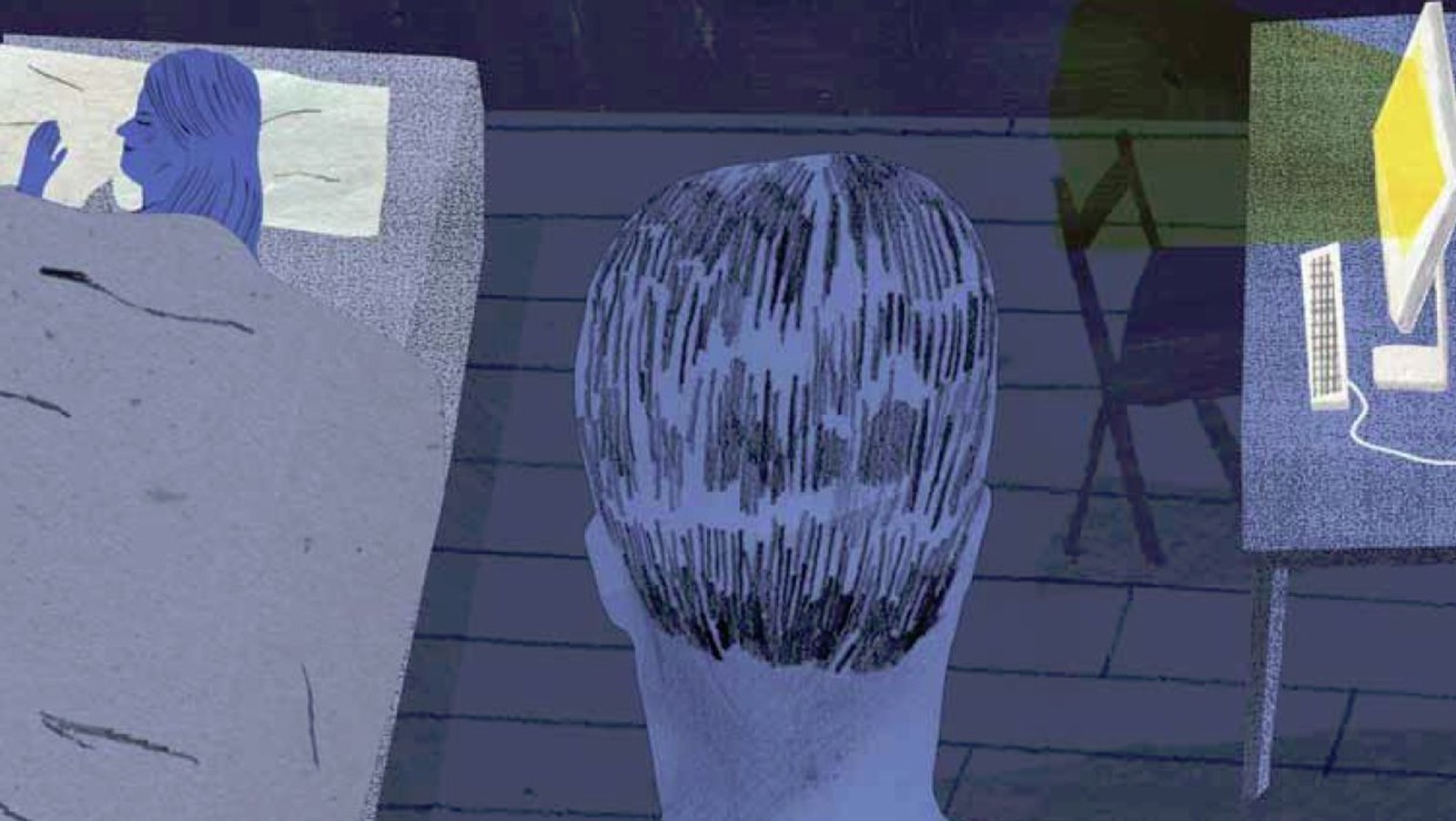In this issue
Features
The porn trap
How is the explosion of porn affecting our psyches?
Toxic childhood
How can therapeutic values help 21st century Western childhood?
Improving access, supporting choice
BACP continues to engage with IAPT to support counselling as a patient choice
Rising to the challenge
One university counselling service’s experience of BACP Service Accreditation
Learning the dance
How learning groupwork skills feels like learning to dance
Regulars
In practice
Kevin Chandler: Beginnings
In the client's chair
Emma Munro: Ringing the changes
In training
Martin Halifax: You've got to get in to get out
The art of coaching
Day in the life
Dennis Lines
Questionnaire
Dominic Davies

Articles from this issue are not yet available online. Members and subscribers can download the pdf from the Therapy Today archive.
Editorial
Over the last 10-15 years I think it is true to say that there has been an explosion in the amount of pornography available to us. What used to constitute soft porn is now commonplace in TV commercials and music videos, while hardcore porn is available at our fingertips anywhere, any time and to anyone.
I hadn’t given this a great deal of thought until I read Wendy Maltz’s excellent article, ‘The porn trap’. She plots the evolution of pornography in parallel with her own personal journey from being a young girl growing up in an East Coast middle-class suburb where porn was hard to get hold of, to being a sex therapist in the 21st century where porn can be hard to avoid.
Whereas Maltz used to regard pornography as a liberating sexual experience, indeed as a therapeutic tool for improving sex with one’s partner, she now regards it as a public health problem that could deeply harm the emotional, sexual and relationship wellbeing of millions of men, women and children. Why? Because she is seeing increasing numbers of clients who are showing signs of addiction to online porn and this goes hand in hand with relationship problems. For some, it would seem, porn has damaged their real life sexual relationships by generating unhealthy interests and reducing their natural responsiveness. One client told her he’d probably remain single all his life; he’d lost all interest in dating since porn was so much easier. Even if he met a nice woman, he added, she wouldn’t want him because his sexual desires had become so ‘twisted’.
As a parent of teenagers, what I personally find most alarming is the unlimited exposure of young people to what I would consider to be hardcore pornography. Both here and in the US teens have been identified as one of the largest consumer groups of porn. A 2009 UK research study found that 13-16 year olds were spending an average of nearly two hours a week looking at online porn. The thought of one’s children having their first sexual encounters with kids who have got their ideas and expectations from ‘hotcontact.com’ is depressing in the extreme.
Sarah Browne
Editor
